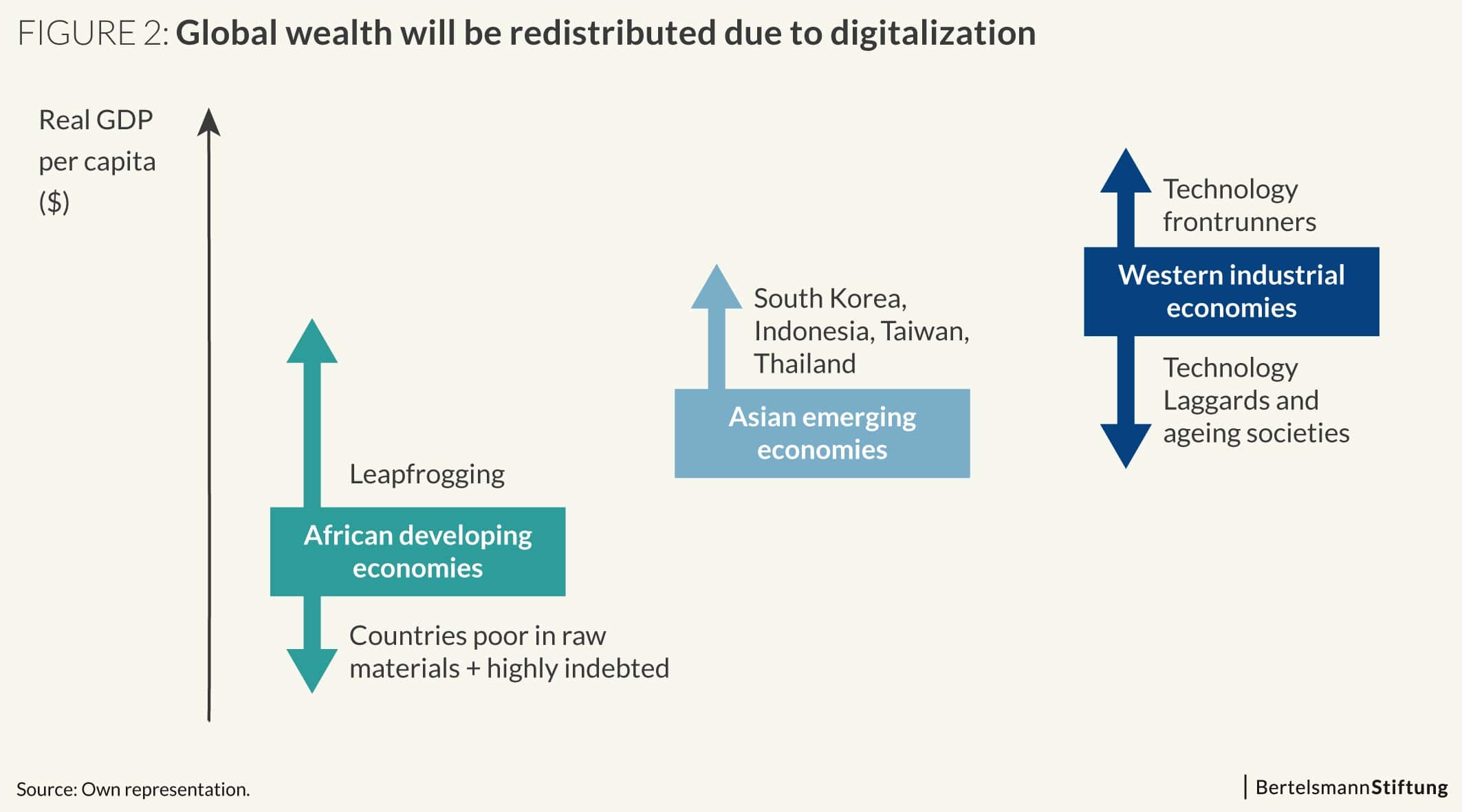The term “Digitization Impact” has been central to conversations about productivity development in a world where digital innovation is becoming more and more important. According to recent assessments, in the midst of continuous debates about how well technology fosters efficiency, a more sophisticated comprehension is necessary to completely appreciate its implications. Jan Mischke and colleagues at the McKinsey Global Institute explore the intricacies of technology’s impact on productivity in a thorough analysis that highlights both opportunities and persistent problems.
The digitization impact and AI
The temptation of digitization and artificial intelligence (AI) as development drivers looms big as societies attempt to bring production back after economic downturns. According to McKinsey’s research, deliberate investments in these sectors may spark new productivity waves that might result in significant returns. The revolutionary force of technology innovation is highlighted by the fact that projections indicate that generative AI alone might contribute nearly half a percentage point to productivity growth.
But there are many obstacles and unknowns on the path to using technology to increase productivity. The bullish prognosis is temperated by a number of major impediments, as identified in the McKinsey report. First of all, the advantages of digitization and technology breakthroughs can take time to manifest, requiring persistence and patience. The authors draw attention to the intrinsic lag between technological advancement and observable productivity benefits by drawing comparisons to historical antecedents like the adoption of electric power.
Although consumers now have more alternatives and convenience because to the proliferation of digital channels, maximizing productivity has become more challenging. If rationalization and streamlining initiatives aren’t implemented with digitization, the potential benefits are diminished by the duplication of parallel procedures, both offline and online. Concerns about recent advances’ declining returns also make one wonder how transformatively advanced modern technologies can be in comparison to their predecessors.
Navigating towards productivity
As businesses grapple with the complexities of technology’s impact on productivity, they need to get past the oversimplified idea that adoption of technology by itself ensures success. The analysis conducted by McKinsey highlights the significance of organizational agility and adaptation in fully realizing the benefits of digitization and artificial intelligence. Productivity benefits can only be unlocked by adopting an innovative culture and encouraging quick adaptation to shifting market dynamics.
Because of these inadequacies, there is an urgent need to shift the paradigm in measuring frameworks. It is possible that the whole range of value created by technological advances will go unmeasured by traditional metrics, which could understate productivity increases. It will take a dedicated effort to improve current techniques and create more sophisticated measurements that appropriately capture the changing character of economic activity in the digital era in order to address these measurement problems.
Deeply rooted concerns about the future persist as civilizations work through the complexity of technology’s impact on productivity. In what ways can businesses use artificial intelligence and digitization to boost productivity in an environmentally friendly way? What approaches are required to get above the obstacles and doubts that come with technological innovation? To shape a future where technology is a constructive engine for change in productivity development, answers to these concerns are critical in an environment characterized by rapid digital transition.





